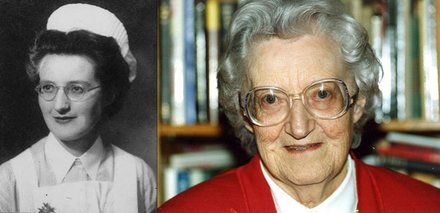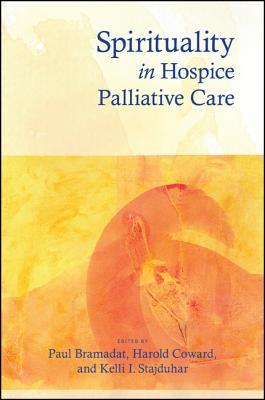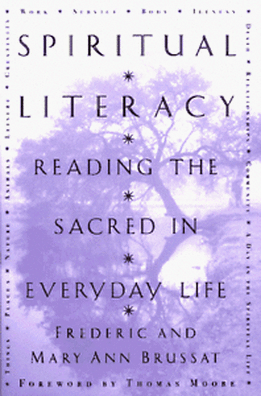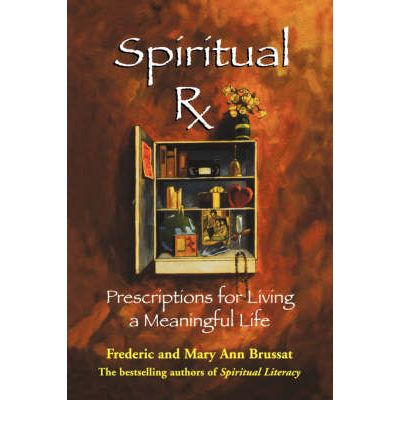
Photo by Markus Spiske on Unsplash
|
Interfaith Hospice Care
In the Compassionate Community
In appreciation of Dame Cicely Mary Saunders
founder of the hospice movement.
Interfaith hospice care serves people who are religiously affiliated and people who are “spiritual but not religious.” Some who are served believe in God, some do not, and many are somewhere in between. All can live well at the end of life. All have a spark of wellness in their souls. Interfaith hospice workers try to kindle this spark by applying practical skills, by listening, and by sharing their talents in life-enhancing ways. In our time these workers need to know something about the world’s religions. They need to be religiously literate. But they also need to know about the spiritual side of life, to be spiritually literate. Accordingly it helps to know about the many spiritual moods and attitudes that reveal the spark and are building blocks of wellness: attention, compassion, devotion, faith, forgiveness, gratitude, hope, hospitality, imagination, joy, kindness, listening, love, meaning-making, nurturing, peace, play, questing, reverence, silence, and transformation. They need to recognize and honor these moods, helping people at the end of life claim them as their own. In doing this the interfaith hospice worker does the great work. He or she helps people make the transition to the next phase, whatever it is, and, along the way, find joy in the process. The work adds as much to the hospice worker as to the person being served. The work itself is a holy communion.
-- Jay McDaniel
-- Jay McDaniel





